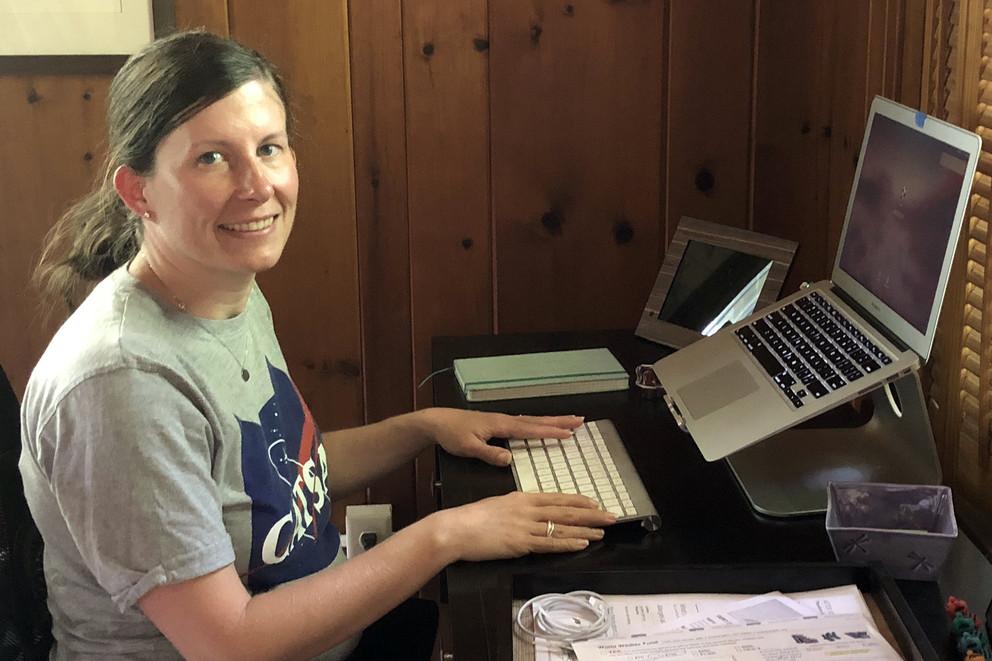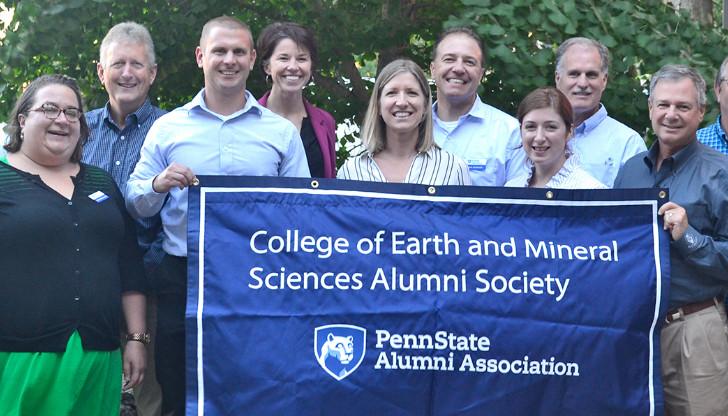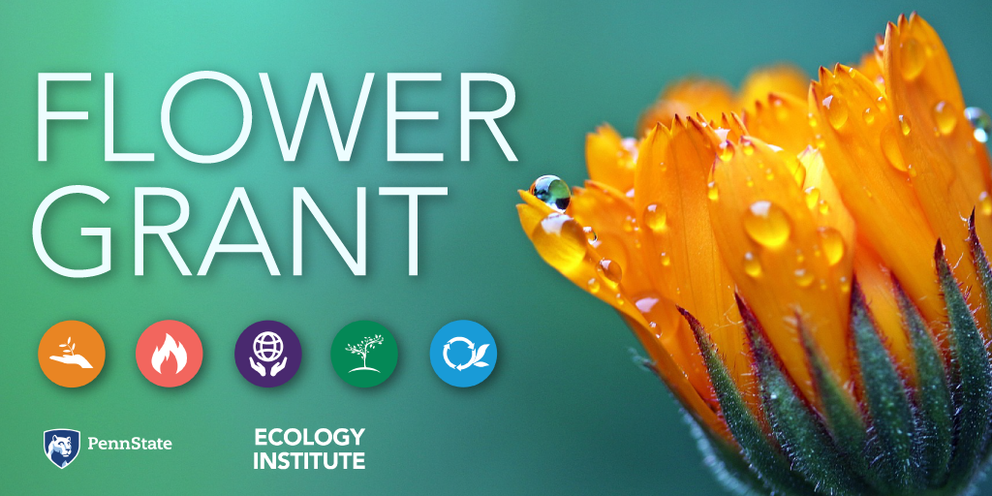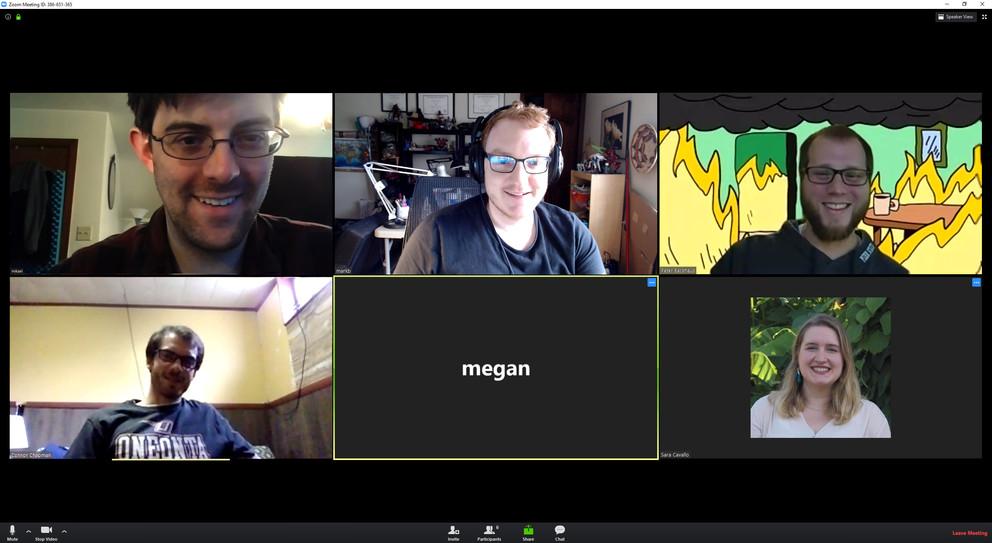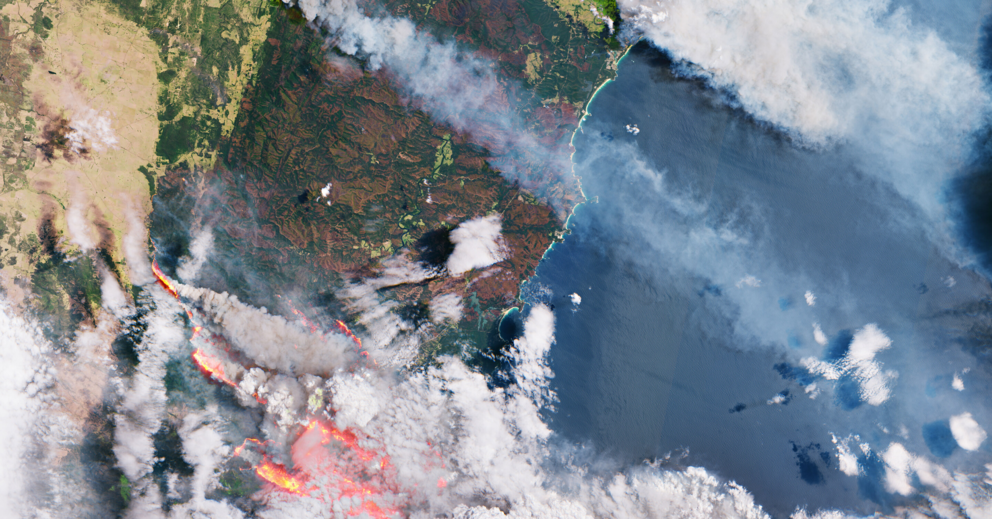The coronavirus pandemic may leave faculty, students and colleagues physically distanced, but Jennifer Baka sees the situation as a means for reconnecting.
“The pandemic has given us a chance to reconnect with students in new ways and to help them through a time of transition,” said Baka, assistant professor of geography and associate of the Earth and Environmental Systems Institute. “That’s been a priority.”
UNIVERSITY PARK, PA. — Penn State geographers are taking part in a variety of projects in response to the COVID-19 pandemic. Helen Greatrex, Anthony Robinson and Erica Smithwick are among those receiving grants from the Huck Institutes of the Life Sciences COVID-19 multi-institute seed grant fund for projects related to social sciences and predictive modeling. Todd Bacastow is convening focus groups within the geospatial intelligence community. Alumni Siddharth Pandey and Rachel Passmore are supporting state and federal responses.
Within days of the University's shift to remote learning, faculty, instructors and teaching assistants in the Department of Geography moved 35 resident instruction courses into remote delivery mode to teach 1,947 students.
The Department of Geography has three representatives serving on the Graduates of the Earth and Mineral Sciences (GEMS) board this year: Emily Starin Connor who earned a bachelor of science in 2012 and now works as an associate with CleanCapital; Susan Lechtanski, who earned a bachelor of science in 1997 and now works as a project manager for Penn State Auxiliary and Business Services; and Wendy Zeller Zigaitis, who earned a bachelor of science in 1999 and is currently a doctoral student.
Residents of Pennsylvania can monitor the spread of COVID-19 across the commonwealth with an online dashboard created by researchers at Penn State. The dashboard, which has been available since March 12, provides a map of the state with the number of confirmed COVID-19 cases represented by county.
Updated daily, the dashboard also presents graphics that help to visualize this spread, including ways to look for a “flattening of the curve” that would indicate that our efforts to slow the spread of the virus are working.
The Ecology Institute announced a call for proposals for its Flower Grant program. The funds aim to support ecology research focused across the institute’s five core themes: resilience and adaptation; provision of ecosystem goods and services; ecology at the interface; rapid evolutionary change; and ecological foundations.
The halls and classrooms of Walker Building are empty and silent but undergraduate and graduate students in the Department of Geography are finding ways to connect and support each other during remote learning. The students are holding virtual meetings to provide both academic and social support.
The GIS coalition held a virtual meeting on Friday, March 27, using Zoom, and the graduate students have organized several virtual spaces: Monday afternoon Zoom Coffee Break, Zoom Wednesday Club and the Bad Latitudes Chat Channel on Microsoft Teams.
First-generation college student Sara Maholland is not afraid to take a leap into the unknown.
“I used to be afraid, but now I ask, ‘What’s the worst that can happen?’, and usually it’s that someone says ‘no,’” she explains.
The native of Morgantown, Pennsylvania, with a population of fewer than 1,500, has made several leaps into the unknown to arrive where she is today, as a junior geography major in Penn State's College of Earth and Mineral Sciences on the path toward a career in natural disaster management. The Penn State Office for Summer Session’s Student Transitional Experience Program, or STEP, has played an instrumental role in Maholland’s journey.
“STEP was amazing,” she says. “The program provided terrific opportunities to network with other students, get ahead in my coursework and just become comfortable on campus.”
s Hurricane Dorian made landfall on Grand Bahama Island in 2019 and bushfires engulfed Australia in 2020, emergency teams were busy creating plans to best respond and provide relief to those affected by the disasters.
Many homes in the Bahamas were destroyed, displacing tens of thousands of people, and extreme flooding washed out roadways, covered the coastlines and shut down a major airport. More than 11 million hectares of Australian land burned for days, destroying over 2,000 homes and forcing thousands of residents to evacuate as the bushfires quickly spread and suffocated areas in thick black smoke.
During both disasters and their subsequent aftermath, federal, state and local emergency management teams devised their relief and recovery plans using geospatial intelligence: satellite imagery of the Earth that is analyzed to track both natural and human movements over space and time.
There can be tensions when a large company makes a multi-million-dollar deal with a community to build facilities. Tensions can be even higher if the company is a fossil fuel company.
In a situation like that, those who are for economic development can be viewed as in opposition to environmental protection. Those who want to preserve the environment can be viewed as anti-jobs. Additionally, there are those in the community whose voices are never heard, those who feel left out of the process.
Jennifer Baka, a cofunded faculty member in the Institutes of Energy and the Environment, understands these tensions. Growing up in a small coal mining town outside of Scranton, Pennsylvania, she saw how industry could affect an entire community.


